+962-7983-18423
24/7 Support
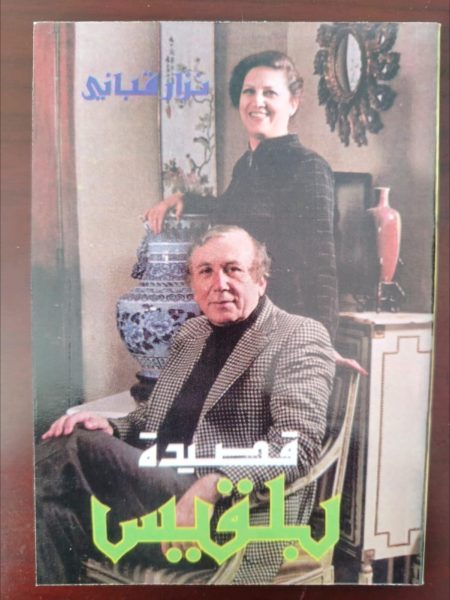
Masterpieces of Nizar Qabbani, the poet of love, women and political anger.
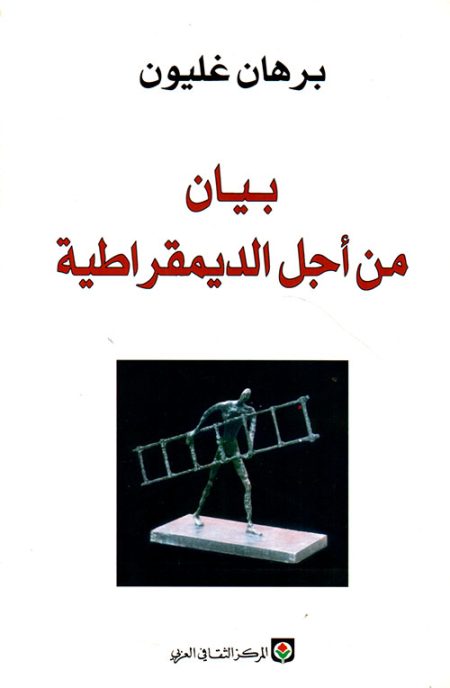
It is a book that discusses the importance of democracy in the Arab world and calls for strengthening it through the concepts of justice and equality in governance.
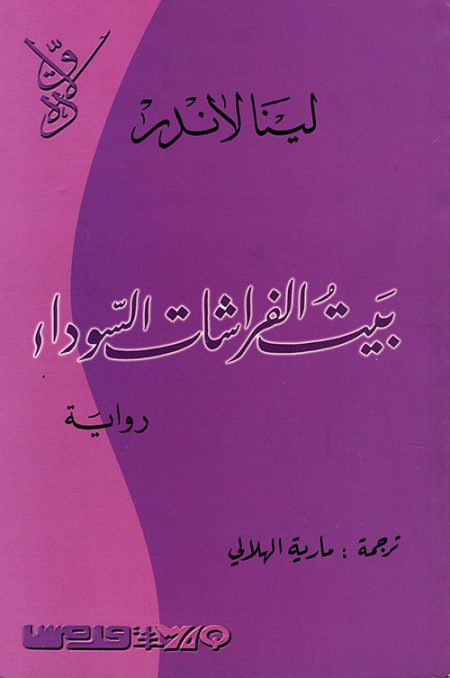
This novel explores the depths of memory, pain, and healing through the story of a girl confronting a dark past in a mysterious orphanage.

This is a comprehensive collection of poems and works by the Egyptian poet and playwright Bayram Al-Tunsi, who was distinguished by his satirical and critical writings of society.
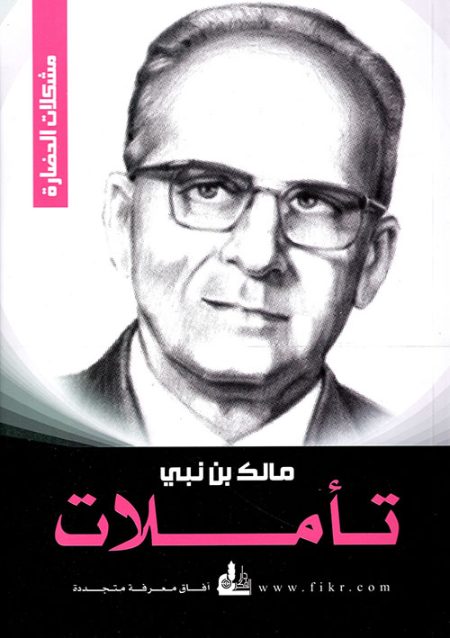
A book that presents a philosophical and profound vision about the self and existence, full of contemplations that call for reflection on life and human values.
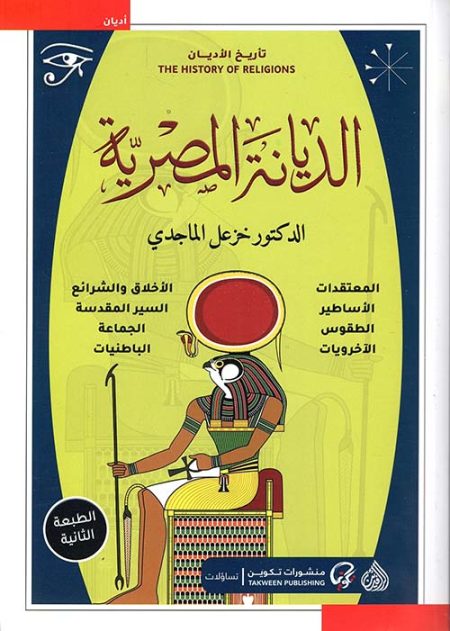
The book presents a comprehensive study of the development of the ancient Egyptian religion, its beliefs, rituals, and its influence on later civilizations.
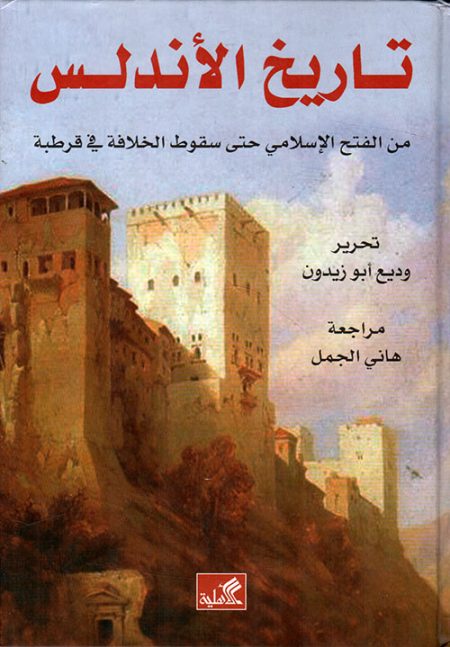
The book traces the history of Andalusia from the Islamic conquest until the fall of the Caliphate in Cordoba, highlighting the most prominent political and cultural events of that period.

The third part of the book examines how the concepts of self-care and self-care have evolved in cultural and social contexts throughout the ages.
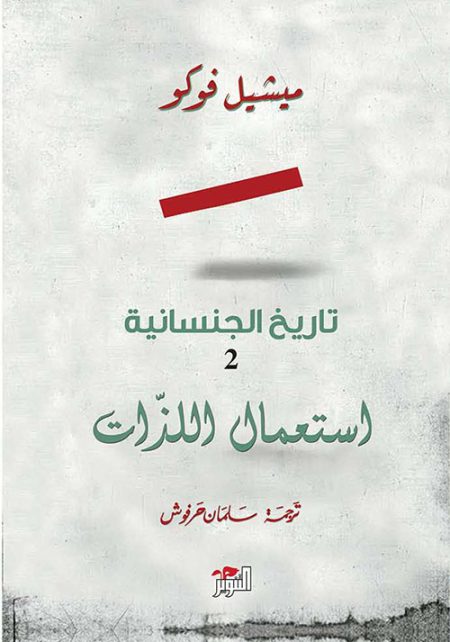
The book examines the evolution of the concept of sexuality through its relationship to power, knowledge, and the individual’s use of self.
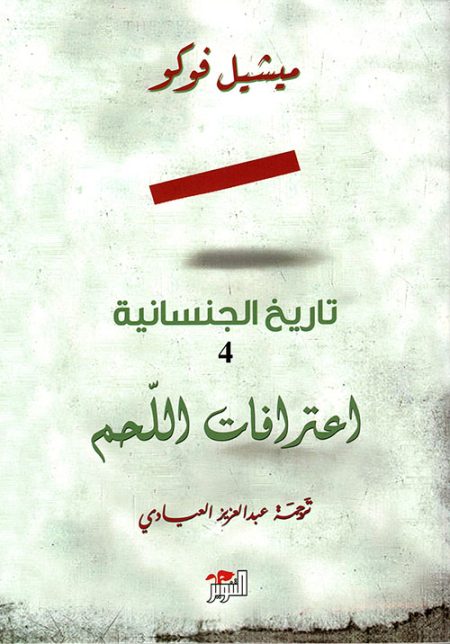
In this book, Foucault analyzes the mechanisms of constructing sexuality throughout history, focusing on the relationship between power and sexuality.
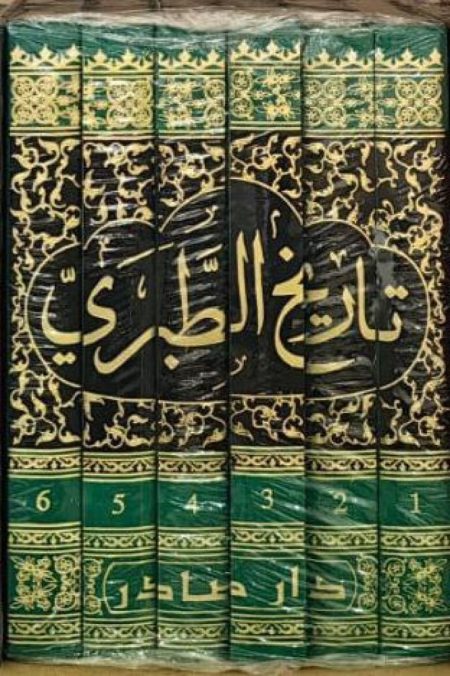
This book chronicles the events of nations and kings from the beginning of creation until the end of the third century AH in a precise, encyclopedic style.
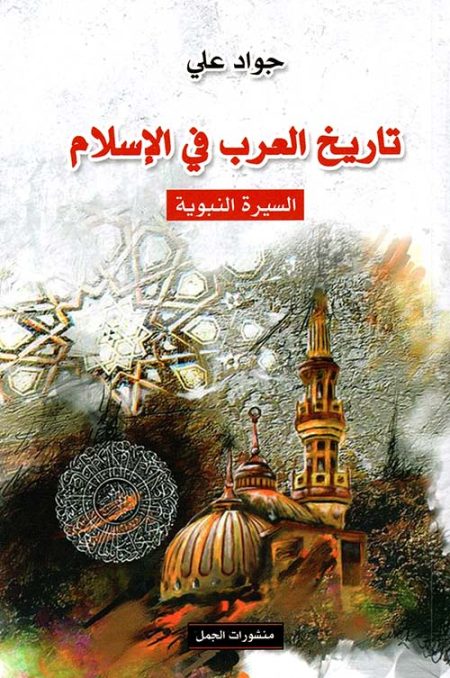
It deals with the life of the Prophet Muhammad, may God bless him and grant him peace, and presents the history of the Arabs during the Islamic period through his biography and the events of his era.
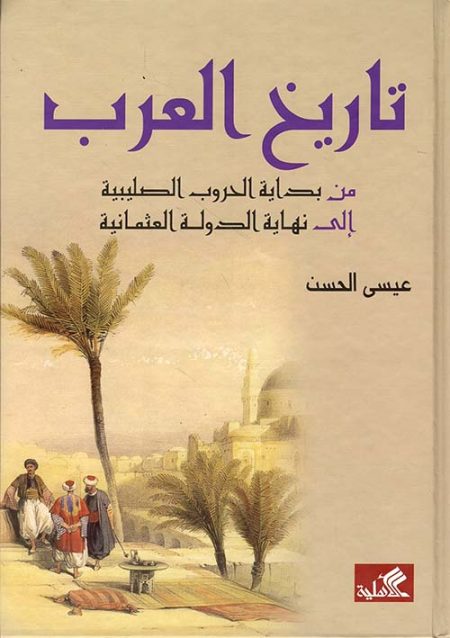
The book provides a comprehensive overview of Arab history from the Crusades to the fall of the Ottoman Empire and its political and social transformations.
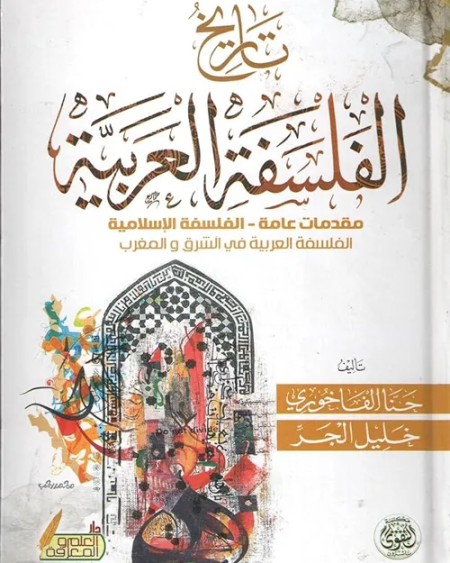
This book presents a comprehensive study of the development of Arab philosophy from the early Islamic era to the modern era.

In this innovative work, Taha Abdel Rahman set out to confront those who sought to create an epistemological break with the Islamic heritage, by criticizing its contents through abstract and politicized means, and excluding the rooted means of corrective and humanizing. He called for the adoption of an integrated and continuous evaluation of the heritage practice from within its field of circulation (its reference). It is a mechanical methodology (the abstract part of the method) in its objectives (not content), practical in its starting point (not abstract), and objectionable in its approach (not incidental).
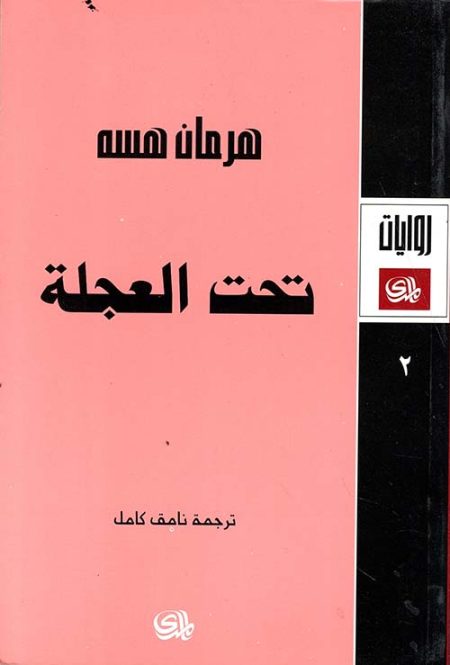
It is a novel that explores the suffering of a young man in a stressful society searching for himself and his personal orientations, where he faces a conflict between his individual ambitions and the demands of social life.
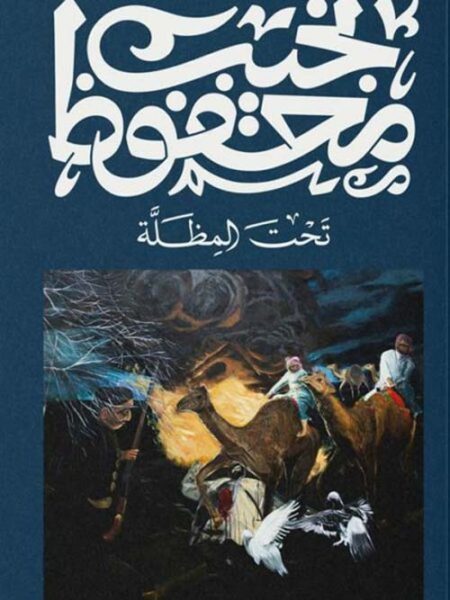
The novel explores the development of a young man’s character as he confronts social and political challenges in Egypt, highlighting the effects of power and living conditions on his life.